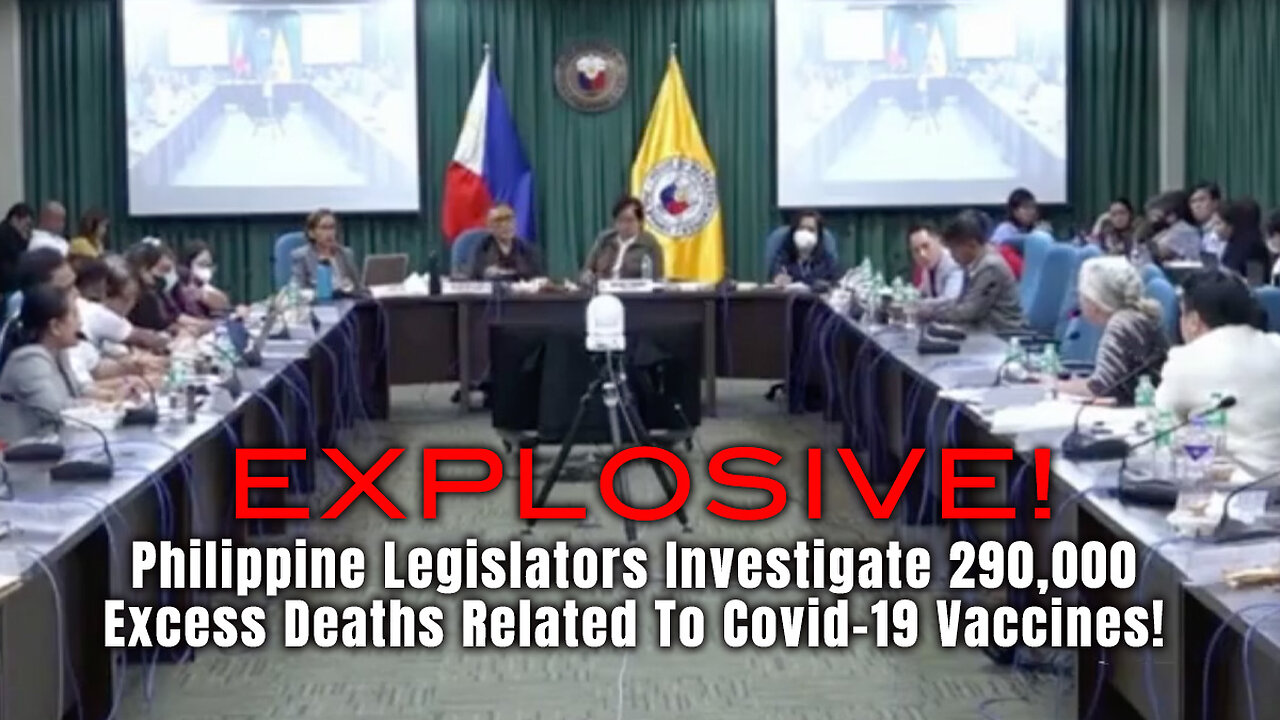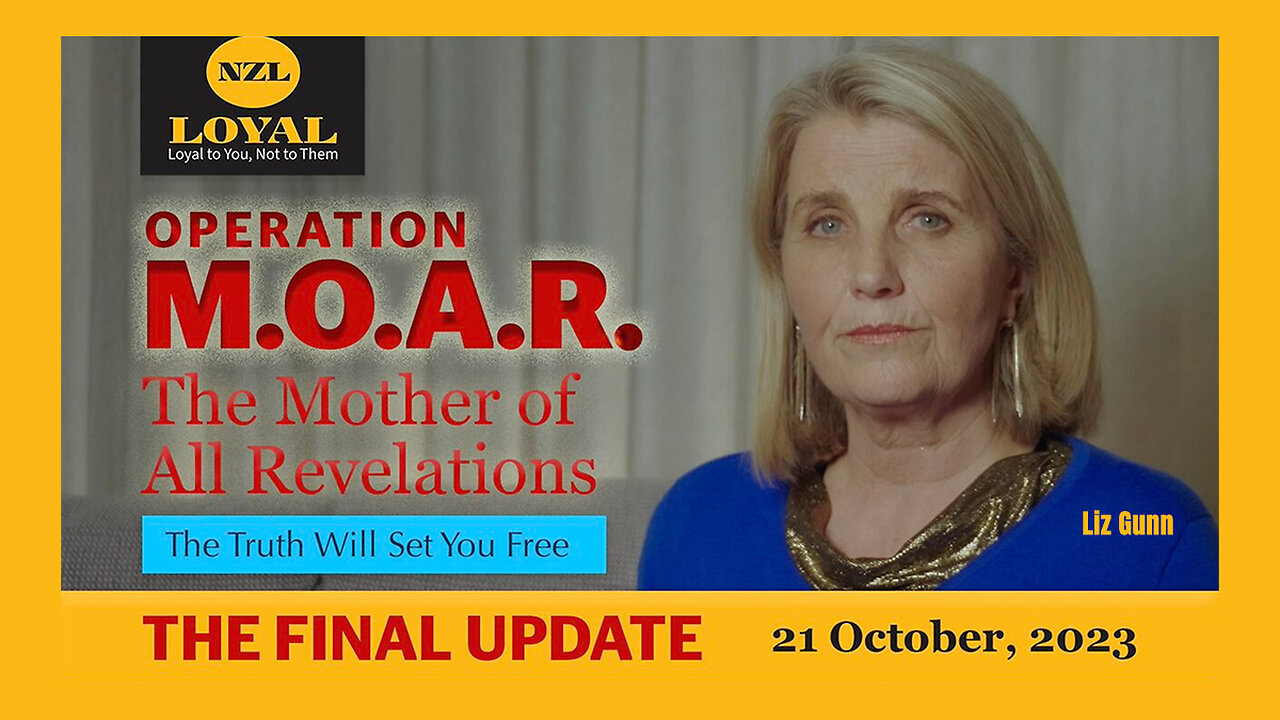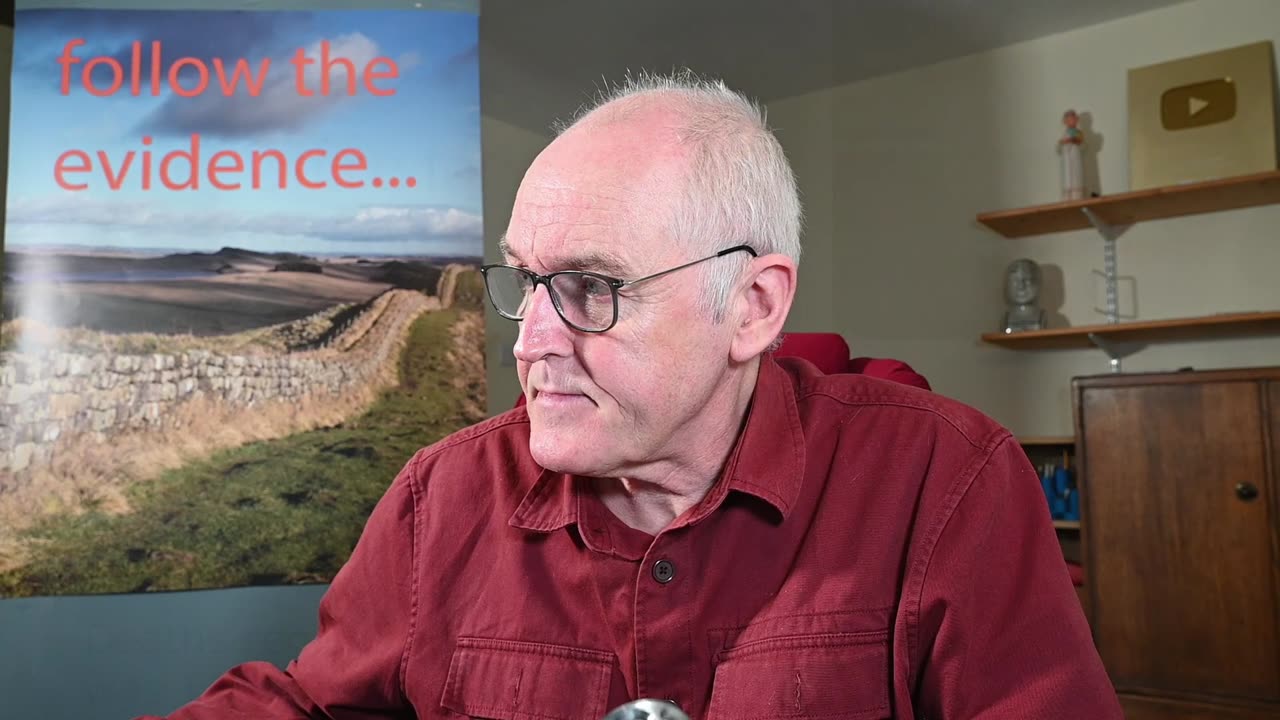The Most Priceless Moments That Will Melt Your Heart | Emotional Reactions
Heart deaths
Write to YOUR MP, https://www.writetothem.com/?a=westminstermp https://twitter.com/ABridgen/status/1737475231386653113 Free download John’s textbooks in high res pdf. https://drjohncampbell.co.uk Check out Campbell's Physiology Notes Dr John Campbell Sold by author on eBay! https://www.ebay.co.uk/itm/155780745424?mkcid=16&mkevt=1&mkrid=711-127632-2357-0&ssspo=K6raxMZrQnm&sssrc=4429486&ssuid=K6raxMZrQnm&var=&widget_ver=artemis&media=EMAIL ‘a threatening phone call’ https://www.telegraph.co.uk/news/2023/11/08/how-astrazeneca-vaccine-was-shelved/ 8th November 2023 In March 2021, The Telegraph was one of the first newspapers to imply a causal link between the jab and blood clots after Norwegian scientists suggested a possible mechanism. On the day we published the story we received a threatening phone call from a senior official at the MHRA warning that The Telegraph would be banned from future briefings and press notices if we did not soften the news. https://www.gov.uk/government/organisations/medicines-and-healthcare-products-regulatory-agency From FDA to MHRA: are drug regulators for hire? https://www.bmj.com/content/377/bmj.o1538 June 2022 Industry money saturates the globe’s leading regulators. The BMJ found that the majority of regulators’ budget—particularly the portion focused on drugs—is derived from industry fees Another well-known Cambridge academic got in touch to complain about our “disgraceful fear-mongering headline” on the story, claiming that it would discourage vaccine uptake and cost lives. We politely pointed out that hiding the facts from people was not helpful and could also cost lives. The academic did not respond. In February this year, TikTok removed an audio clip in which I discussed whether the benefit of vaccination was worth the risks for young people, claiming it had breached community guidelines. After we showed that the Government’s own website acknowledges the link, the clip was reinstated. All of this shows a troubling paternalism in government, academia and some media outlets who believe that the public is not capable of weighing up the pros and cons of medical interventions and so must be shielded from the truth. Excess mortality in England post Covid-19 pandemic: implications for secondary prevention https://www.sciencedirect.com/science/article/pii/S2666776223002211?via%3Dihub Many countries, including the UK, have continued to experience an apparent excess of deaths long after the peaks associated with the COVID-19 pandemic in 2020 and 2021. Numbers of excess deaths estimated in this period are considerable. The UK Office for National Statistics (ONS) has calculated that there were 7.2% or 44,255 more deaths registered in the UK in 2022 OECD, UK https://stats.oecd.org/index.aspx?queryid=104676 Excess deaths in 2022, 52,514 (9.26%) This persisted into 2023 with 8.6% or 28,024 more deaths registered in the first six months of the year than expected. OECD, UK, weeks 1 – 44, 2023 Excess deaths, 49,389 (9.44%) The causes of these excess deaths are likely to be multiple and could include the direct effects of Covid-19 infection, acute pressures on NHS acute services resulting in poorer outcomes from episodes of acute illness, and disruption to chronic disease detection and management. Further analysis by cause and by age- and sex-group may help quantify the relative contributions of these causes. Office for Health Improvement and Disparities 3rd June 2022 to 30th June 2023 Excess deaths for all causes were relatively greatest for 50–64 year olds (15% higher than expected) 11% higher for 25–49 and under 25 year olds, and about 9% higher for over 65s Several causes 3rd June 2022–30th June 2023 All cardiovascular diseases, 12% Heart failure, 20% Ischaemic heart disease, 15 Liver diseases, 19% Acute respiratory infections, 14% Diabetes, 13% For middle-aged adults (50–64) Cardiovascular diseases, 33% higher than expected Ischaemic heart disease, 44% Cerebrovascular disease, 40% Heart failure 39% higher Deaths involving acute respiratory infections, 43% higher Diabetes, deaths were 35% higher The pattern now is one of persisting excess deaths which are most prominent in relative terms in middle-aged and younger adults Timely and granular analyses are needed to describe such trends and so to inform prevention and disease management efforts. JP-S is Partner at Lane Clark & Peacock LLP, Chair of the Royal Society for Public Health and reports personal fees from Novo Nordisk and Pfizer Ltd outside of this submitted work.

















































